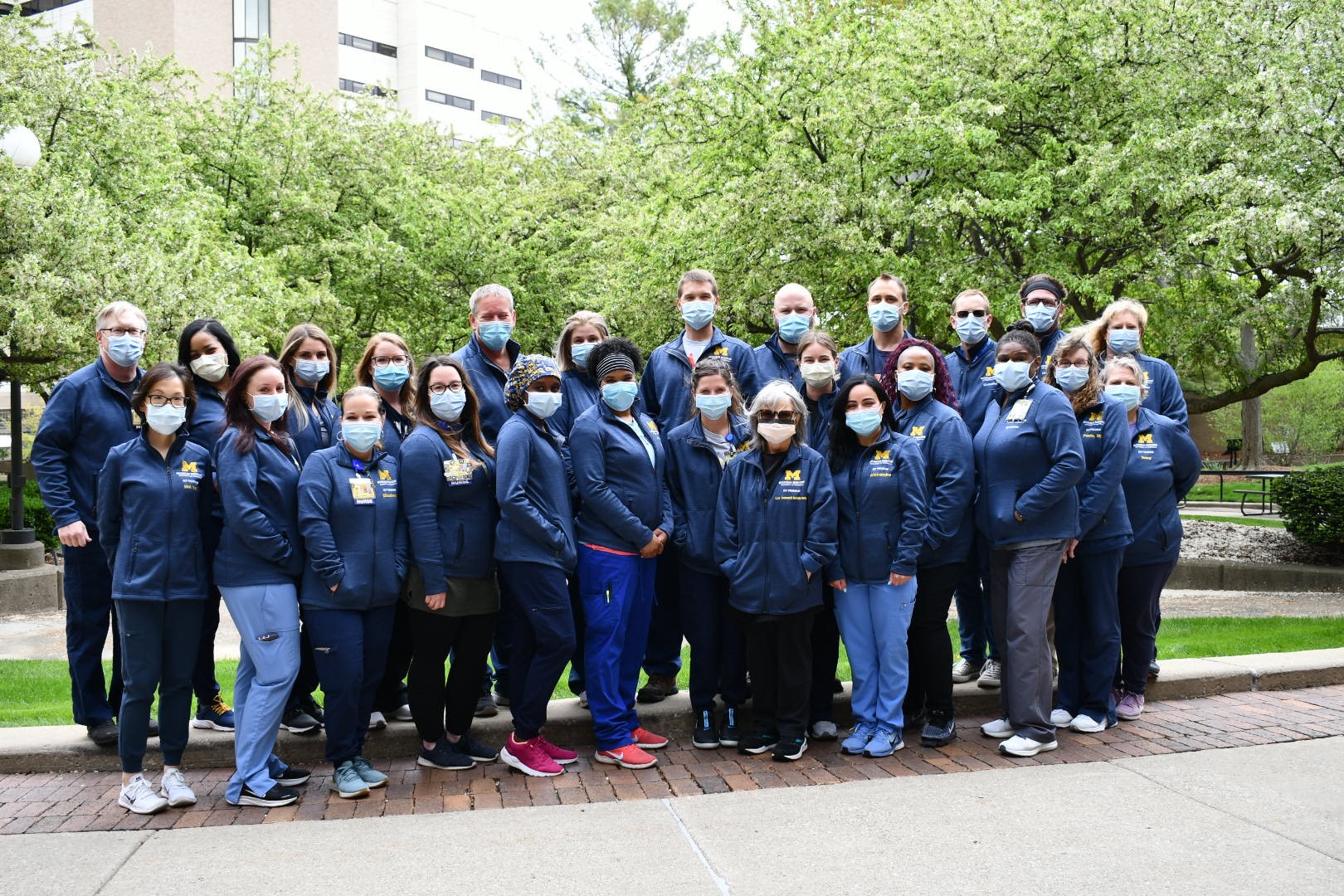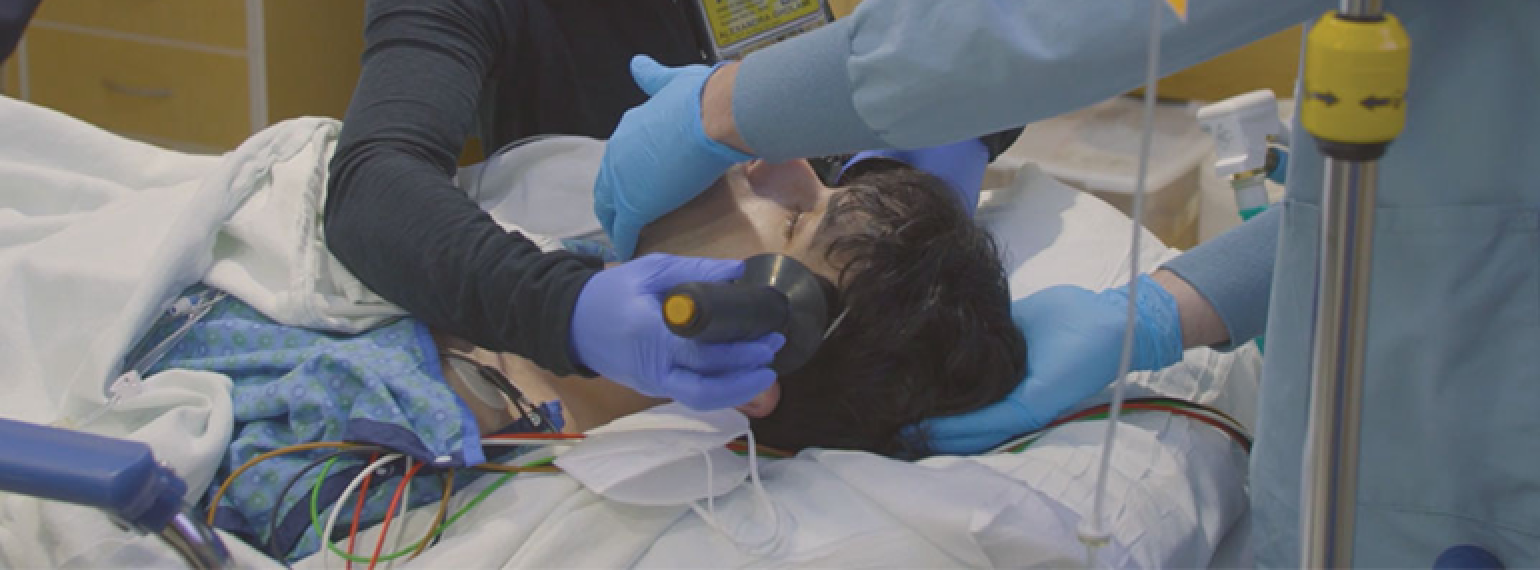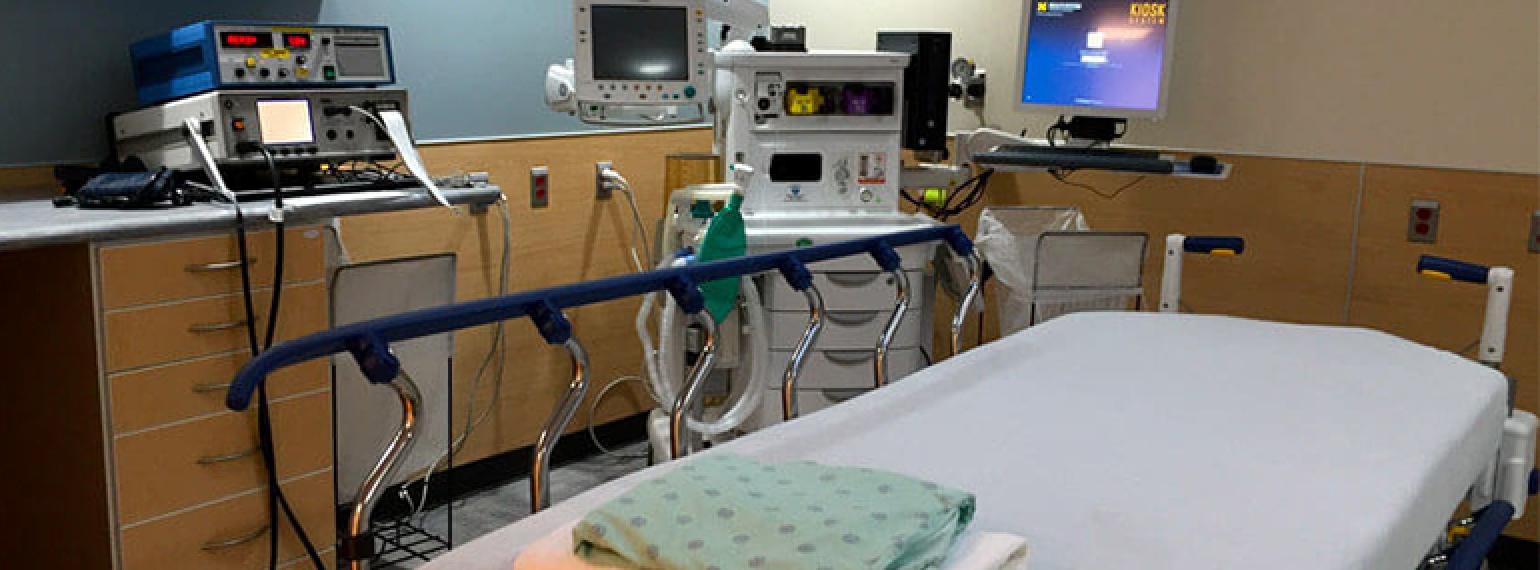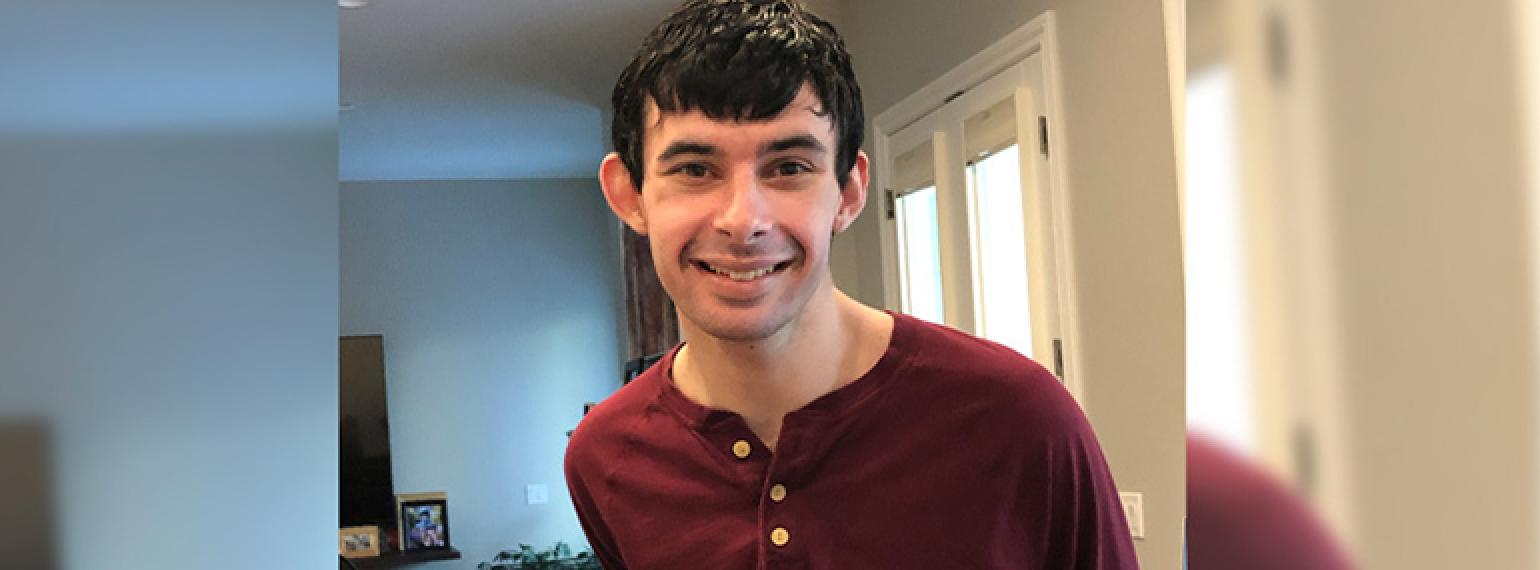The Electroconvulsive Therapy (ECT) Program specializes in administering ECT to those patients for whom such treatment is indicated, such as patients with severe mood disorders.
Patients are referred to the ECT service by referring psychiatrists and the various physician attendings on the Adult Psychiatry unit. This method of consultation assures expert input into the decision about this form of treatment. Patients undergoing ECT treatment will receive a complete medical evaluation, including anesthesia consultations. Psychiatrists and anesthetists supervise the administration of ECT. Both inpatients and outpatients can receive ECT treatments. Following the completion of a course of ECT treatment, staff stay involved in the long-term planning of psychiatric follow-up care.
As one of the leading centers nationwide that offers ECT to children and adolescents, University of Michigan Health is the only center in the Michigan offering the therapy to a person under the age of 18. Many neighboring states refer patients for second opinion or for ongoing treatment, and patients have been referred here from as far as Florida, Texas, and California. Since the inception of the ECT Program over 30 years ago, several hundred children have received treatment, with most experiencing substantial improvement and many having achieved their baseline functioning. In addition to clinical care, this specialized clinic trains a future generation of child psychiatrists and provides opportunity for research.
The program strives to standardize the methods of ECT application while promoting the highest level of proficiency of this treatment. The program is heavily invested in promoting in-depth research into ECT's clinical effectiveness and technique.
About ECT
The ECT (Electroconvulsive Therapy) Program at the University of Michigan was originally begun by Leon Grunhaus, M.D., in 1986. We continue to be a major site for ECT referrals in Michigan and perform over 3,500 ECT treatments per year.
ECT is used in the treatment of severe depression and other psychiatric disorders. At the University of Michigan, ECT is conducted under the direct supervision of a psychiatrist and anesthesiologist, and we implement modern monitoring devices and anesthetic medications to provide safe and effective treatments.
Our team consists of seven attending psychiatrists, ECT nursing staff, anesthesiologists, certified nurse anesthetists, and administrative support staff. Services provided include complete inpatient or outpatient ECT evaluations. Most treatments are conducted on an inpatient basis. However, with our expanding outpatient program, we can provide outpatient ECT treatments for many patients. Contact our ECT program office for more information in arranging a referral or evaluation.
Research interests of the ECT team include predictors of outcome and techniques to optimize ECT.
We provide training for visiting psychiatrists who wish to initiate their own ECT programs or update their ECT skills and knowledge.
Common Side Effects
Occasionally, a patient may have a headache, muscle aches, or nausea after the treatment. These side effects can be treated with medications before or after the ECT. If you experience any of these side effects please inform your doctor and nurse. Once the staff is aware of these side effects, measures can be taken to prevent them.
Additionally, some people may exhibit mental confusion resulting from the combination of anesthesia and/or ECT treatment. Acute confusion, if it occurs, typically lasts for 30 minutes to 1 hour. You are closely observed by nursing staff and doctors during this time for your safety.
Possible Memory Side Effects
Memory loss is one of the greatest concerns of people who receive ECT. Two different kinds of memory loss may occur during the course of ECT treatments. The first is the loss of short-term memory during the period of time that you are having ECT treatments. Some examples of short-term memory loss include forgetting what you had for lunch or not remembering talking to someone earlier in the day. Your ability to remember new information will generally return to your normal level within a few weeks to a few months after the treatments are finished.
The second type of memory loss that may occur involves memory loss for past events. Recent past events (2 to 6 weeks before treatment) are more sensitive to ECT. However, some patients may describe "spotty" memory loss for events that occurred as far back as 6 months before beginning ECT. This memory impairment is potentially permanent. Although it is rare, some patients have reported a more severe memory loss of events which date back further than the 6 months preceding ECT treatments.
Safety Concerns
Any medical procedure involving anesthesia carries some risks. The potential risks include cardiac or respiratory arrest. The risk of respiratory or cardiac arrest resulting in death during ECT is negligible (less than 1 in 10,000 cases). This risk is typically regarded as being similar to the risks of having an outpatient surgical procedure under anesthesia. ECT treatments are extremely safe and severe medical complications are rare. You will be monitored constantly during the procedure by a team of medical professionals in the event of a complication.
Maintenance ECT
Because depression is often a relapsing illness, patients may experience repeated episodes of depression even if they respond very well to ECT. Patients often have failed numerous medications prior to ECT, and their illness may be significantly resistant to medications. When repeated episodes of depression occur, your doctors may recommend a taper of ECT over a course of several weeks to months. Modern clinical practice and recent research have found that Maintenance ECT is often very effective in keeping patients well. A common taper of ECT is treatments once a week for a month, once every 2 weeks for two months, once every 3 weeks for two months, and once every month for two-four months. Although there is a considerable commitment by patients and families to undergo Maintenance ECT, the avoidance of lengthy re-hospitalizations and undergoing more medication trials is often worth any inconveniences.
After ECT
ECT is an extremely effective treatment, but ECT treatment is only one component of a complete treatment regimen. After your ECT course, medications will likely be required as maintenance therapy to prevent a return of your illness. ECT also can not resolve other problems associated with personal relationships or how an individual copes with the stressors of life. Other interventions such as psychotherapy may be recommended. Hopefully, because you are being relieved of the severe symptoms of your illness, you will be able to participate more effectively with other therapies that are recommended.
Referrals:
For ECT evaluations, please contact the admissions and appointments office at 1-800-525-5188 or 734-764-9190. A clinical summary of the patient's course of illness, along with a record of therapies tried, is extremely helpful for the evaluation.

To learn more about ECT, please download our brochure below: "Is ECT the Treatment Choice For You?"







